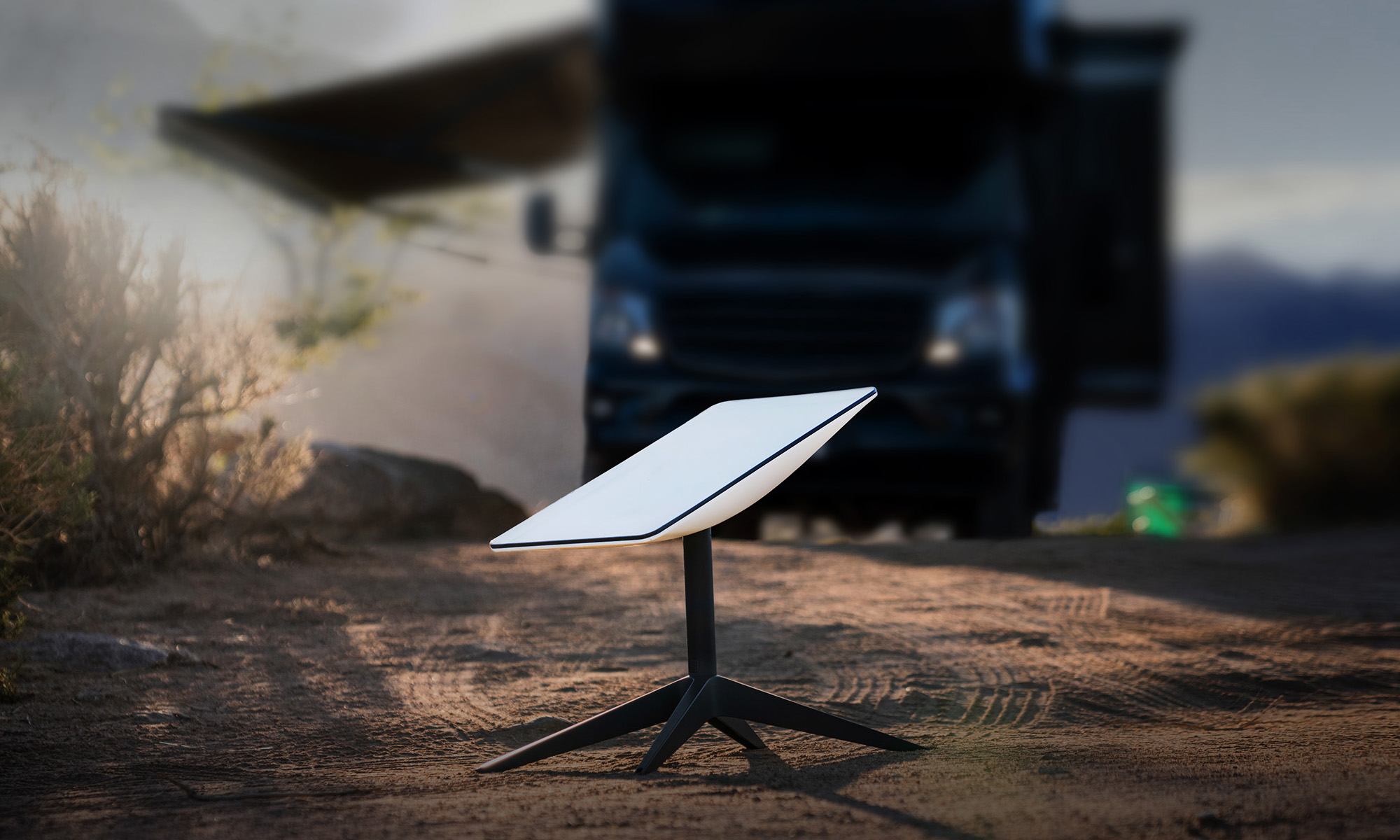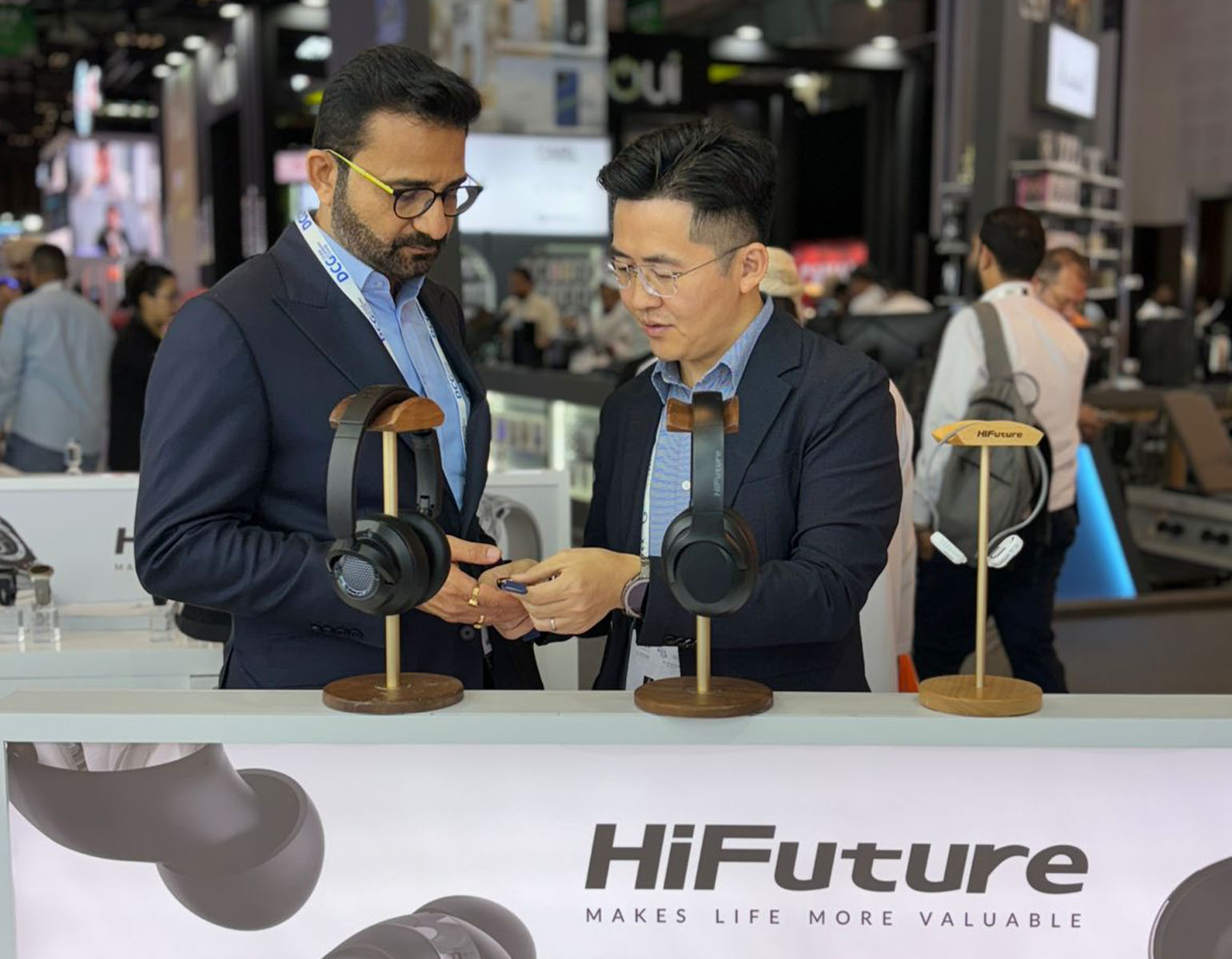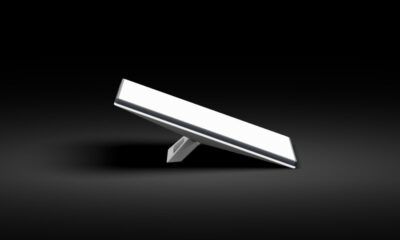News
Starlink In Lebanon: An End To Lebanon’s Internet Nightmare?
The Ministry of Telecommunications has looked into the SpaceX satellite system to improve connectivity.

While the rest of the world enjoys speedy web browsing and downloads, Lebanon’s internet infrastructure remains a nightmare. The country’s aging or non-existent telecom infrastructure means poor connectivity in remote locations and frequent disconnects and technical issues even in urban areas.
Now, with the Israel-Hamas conflict threatening to spill over into neighboring regions, Lebanon’s already patchy internet connectivity could become even worse, with telecommunications usually one of the first pieces of infrastructure to be targeted during an attack.
To address these problems and provide enhanced connectivity, Lebanon’s Ministry of Telecommunications has explored Elon Musk’s Starlink system, which relies on 3,200 satellites, negating the need for fixed wires and other paraphernalia.
Caretaker Minister of Telecommunications Johnny Corm thinks that Starlink could be the key to solving Lebanon’s internet woes, explaining that “The ministry will grant licenses to companies that will sell this system to individuals through the Ministry of Telecom. We will not have to pay anything,” in response to questions about how such a partnership would work.
Although expensive for individuals, Starlink would allow businesses to expand their operations with faster and more reliable internet connections. In addition, the SpaceX service would enable Lebanon to better connect to the global digital economy.
Also Read: The Largest Data Breaches In The Middle East
However, there are downsides to the satellite-based system. One of the major obstacles is cost, as the technology is much more expensive than traditional cables or fiber optics solutions. Additionally, the satellite signal could be disrupted by bad weather or other natural causes. Finally, the government would need to establish regulations to ensure the service complies with global standards.
Nevertheless, where the Lebanese government has historically been unable to meet citizens’ needs for reliable internet, Starlink has the potential to make a difference and provide a welcome boost to the Lebanese economy in the process.
News
HiFuture Wraps Up Successful GITEX GLOBAL 2024 Appearance
The electronics company wowed audiences at the world’s largest tech event with a range of wearable and smart audio devices.

This year’s GITEX GLOBAL 2024 in Dubai saw a huge number of startups, electronics firms, and innovators from around the globe gather for the tech sector’s largest event of its kind. One company making waves at this year’s expo was Chinese tech group HiFuture, which showcased a range of products with a focus on wearable technology and smart audio.
At the HiFuture booth, the company captivated attendees with cutting-edge smartwatches like the ACTIVE and AURORA, along with a range of powerful wireless speakers, earbuds, and even smart rings. Visitors were eager to check out the sleek new designs on offer and even had the chance to test out some of the products themselves.

Among the highlights were smartwatches combining dual-core processors with customizable options. The devices blended style and technology, offering health monitoring capabilities, personalized watch faces, and advanced AI-driven functionalities, giving attendees a taste of the future of wearable technology.
On the audio front, HiFuture’s wireless speakers left a lasting impression, offering rich, immersive sound in compact, portable designs. These speakers cater to both intimate gatherings and larger celebrations, offering versatility for users. Meanwhile, the company also showed off its Syntra AI technology, which it claims “revolutionizes health and fitness tracking by combining advanced optical sensors with intelligent algorithms for precise, real-time insights”.
Also Read: How (And Why) To Start A Tech Business In Dubai
The presence of HiFuture’s leadership team at GITEX 2024 underscored the importance of this event for the company, with CEO Levin Liu leading a team of executives, all keen to engage with attendees and offer insights into HiFuture’s vision, product development process, and future direction.
Overall, it seems that GITEX GLOBAL 2024 has been a rewarding experience for HiFuture. The enthusiasm and curiosity of attendees shown to the company’s diverse range of products was obvious, with the HiFuture team leaving on a high note and clearly excited and motivated by the event.




























